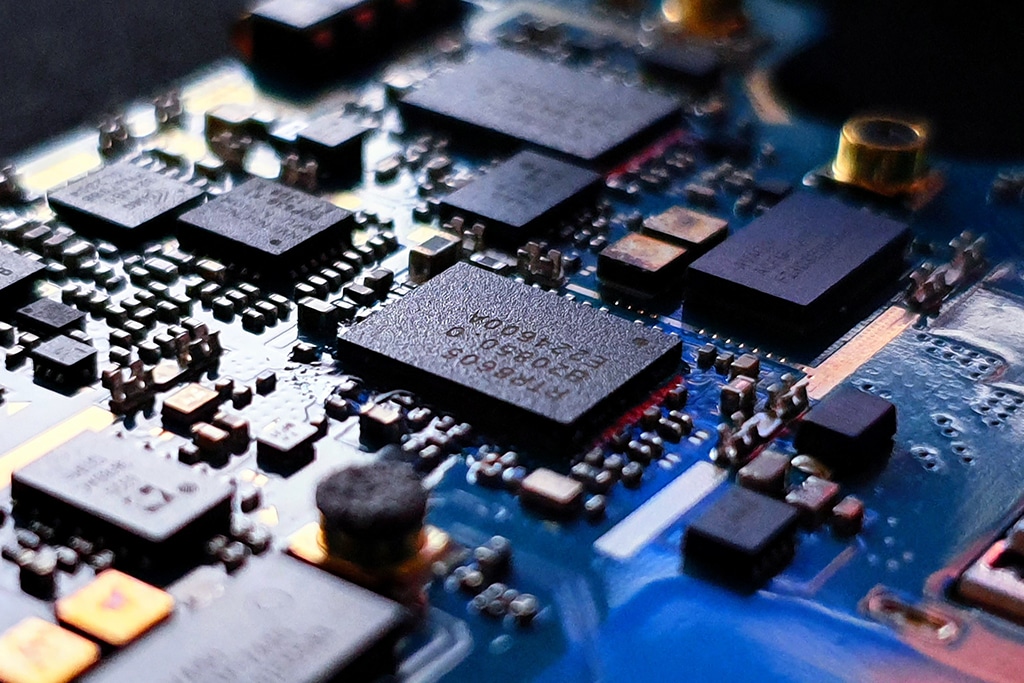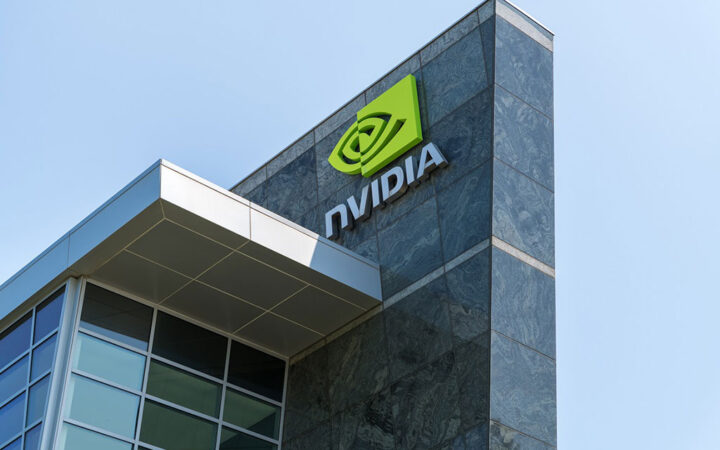
Let’s talk web3, crypto, Metaverse, NFTs, CeDeFi, meme coins, and Stocks, and focus on multi-chain as the future of blockchain technology. Let us all WIN!
China has agreed to work with Japan to promote practical cooperation in key economic and trade areas including advancements in the semiconductor industry.
 Edited by Julia Sakovich
Updated
3 mins read
Edited by Julia Sakovich
Updated
3 mins read

The global geopolitical crisis has significantly impacted the overall development of technology. The ongoing war between Ukraine and Russia, which is estimated to take several years to resolve, has significantly increased the rift between global military superpowers. Moreover, the United States has significantly influenced other nations with high-tech capabilities in Europe and Asia to sideline Russia and China in regard to semiconductor cup developments.
The People’s Republic of China has been at loggerheads with the United States over the control of global semiconductors for several years. Before the Covid-19 pandemic, the Trump administration had initiated several measures to prevent Chinese tech companies from accessing United States-made semiconductor chips among other technologies. As a result, Chinese-based tech companies including Huawei Technologies Co. have not been able to access key technologies from the United States and its allies.
In its defense, the United States government has cited security reasons, blaming the Chinese counterparts for using their technologies to advance nuclear weapons advancements. With China being accused of helping Russia evade sanctions put in place by Western countries, United States allies have played along the White House card.
In the latest developments, Chinese Commerce Minister Wang Wentao has asked the Japanese official to lift the restrictions on semiconductor chip export control. Notably, Wentao described the Japanese semiconductor export control measure as a wrongdoing that seriously violated international economic and trade rules.
The statements from Wentao to the Japanese Trade Minister Yasutoshi Nishimura were made on May 26 at the Asia-Pacific Economic Cooperation (APEC) conference in Detroit. Already, Japan and Netherlands have played along the United States rules to sideline the Chinese demands on semiconductor chips.
Nevertheless, the G7 nations led by the United States agreed to de-risk but not to decouple from China.
As a result, the Chinese commerce ministry’s statement on Monday expressed that China “is willing to work with Japan to promote practical cooperation in key economic and trade areas”.
The huge demand for artificial intelligence (AI) and supercomputers has spiked the need for advanced semiconductor chips. The high chip demand is evident from the Nvidia Corporation (NASDAQ: NVDA) stock market which has rallied more than 166 percent YTD to a valuation of about $961.97 billion. In its latest quarterly revenue update, Jensen Huang, founder, and CEO of Nvidia, noted thaat the company is on the move to ramp up chip production to meet the high demand in the artificial intelligence market.
The Chinese government also wants to remain highly competitive in the technology industry including the smartphone sector, 5G network development, digital economy, and artificial intelligence capabilities.
Disclaimer: Coinspeaker is committed to providing unbiased and transparent reporting. This article aims to deliver accurate and timely information but should not be taken as financial or investment advice. Since market conditions can change rapidly, we encourage you to verify information on your own and consult with a professional before making any decisions based on this content.

Let’s talk web3, crypto, Metaverse, NFTs, CeDeFi, meme coins, and Stocks, and focus on multi-chain as the future of blockchain technology. Let us all WIN!





